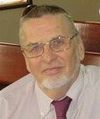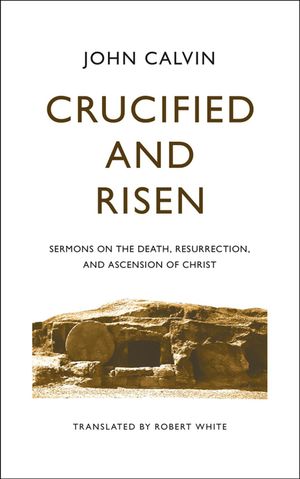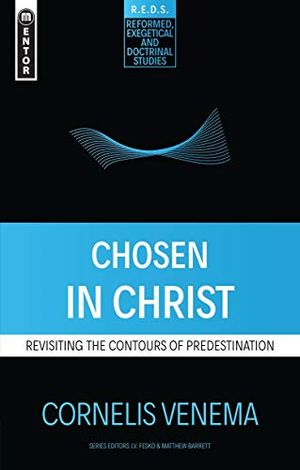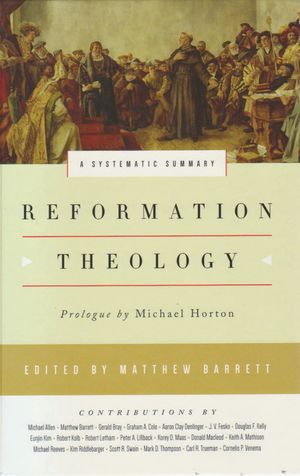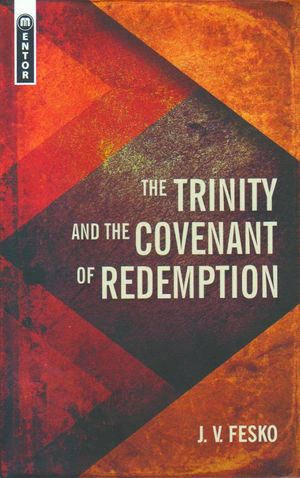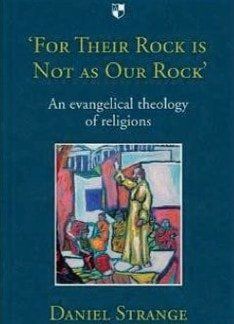In just 140 pages, John Owen is presented in a dynamic and readable way by Sinclair Ferguson. What more could you want?
This volume comes in an attractive, hard-backed, pocket format. Subject and Bible reference indexes, as well as a short bibliography, are also included. For those daunted by the length of Owen’s work or bemused where to start, this short book is an ideal way in, making the revered Puritan accessible to newcomers.
Ferguson begins by outlining Owen the pastor and theologian. Historical details of his public prominence under Cromwell’s Protectorate and his subsequent ejection following the Restoration are included. The author also takes us to the heart of Owen’s theology: the appreciation and centrality of communion with God for the believer.
Four short (but rich) chapters follow. Firstly, the Trinity itself is addressed, then each of the divine persons: Father, Son and Holy Spirit.
Owen’s great aim was to show that, contrary to often repeated allegations of obscurity and lack of usefulness, the Trinity is the most practical of all doctrines. This is because to know the holy Trinity is to know God, and in that knowledge we lay hold of salvation
Ferguson states that, ‘We are prone to looking through the wrong end of the telescope. We move from man to God. But our thinking … must always begin with God’ (p.32).
This is because, as he explains, we are created in a theomorphic way. In us, in miniature, are embedded reflections of realities that lie in the transcendent God himself. Fundamentally, this is what allows us to talk about communion with God at all.
Ferguson presents both the undivided unity of the works of the Trinity and the diversity of the divine Persons in their ‘appropriations’ or functions in creation and redemption. It is by the diversity of the Persons, expressed in their differing works, that we can know the specific Personhood of each member of the Trinity. The Father loves and sends his Son, who makes him known in the work of salvation. The Son, in turn, sends the Spirit in order for us to embrace the Son.
As we see the specific work and contribution of each of the three Persons in creation and redemption, so knowledge of God becomes real and concrete. We enter into a communion of life that respects the order of the Persons in their divine works. In short, this is a book worth buying.
Paul Wells
Eastbourne


